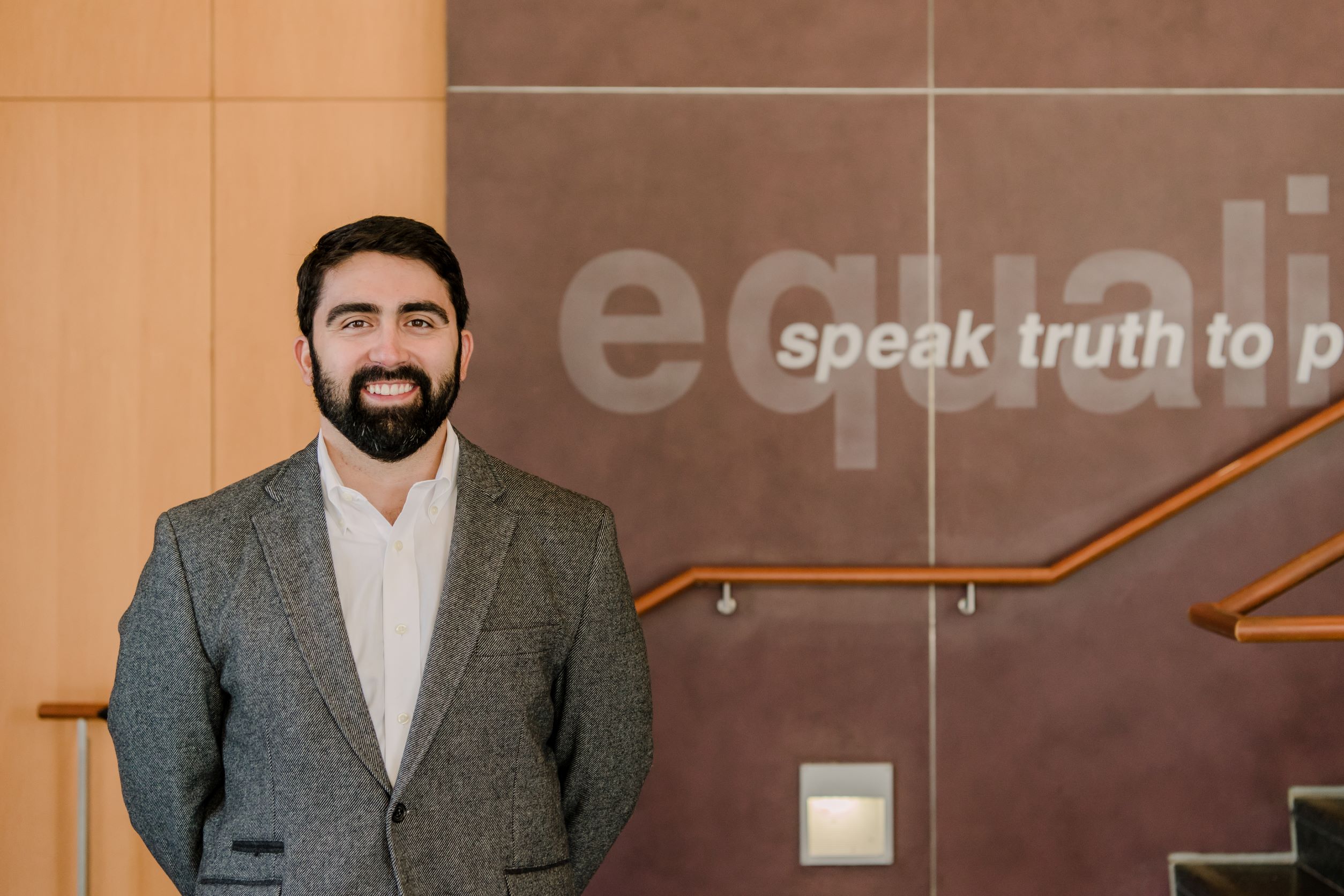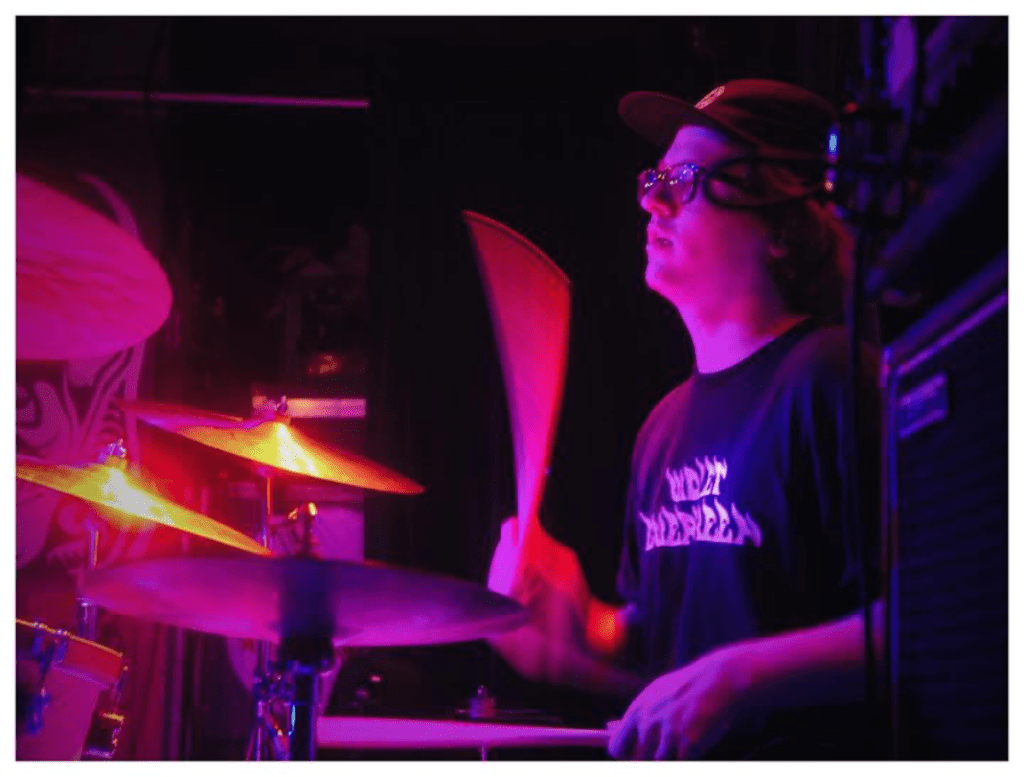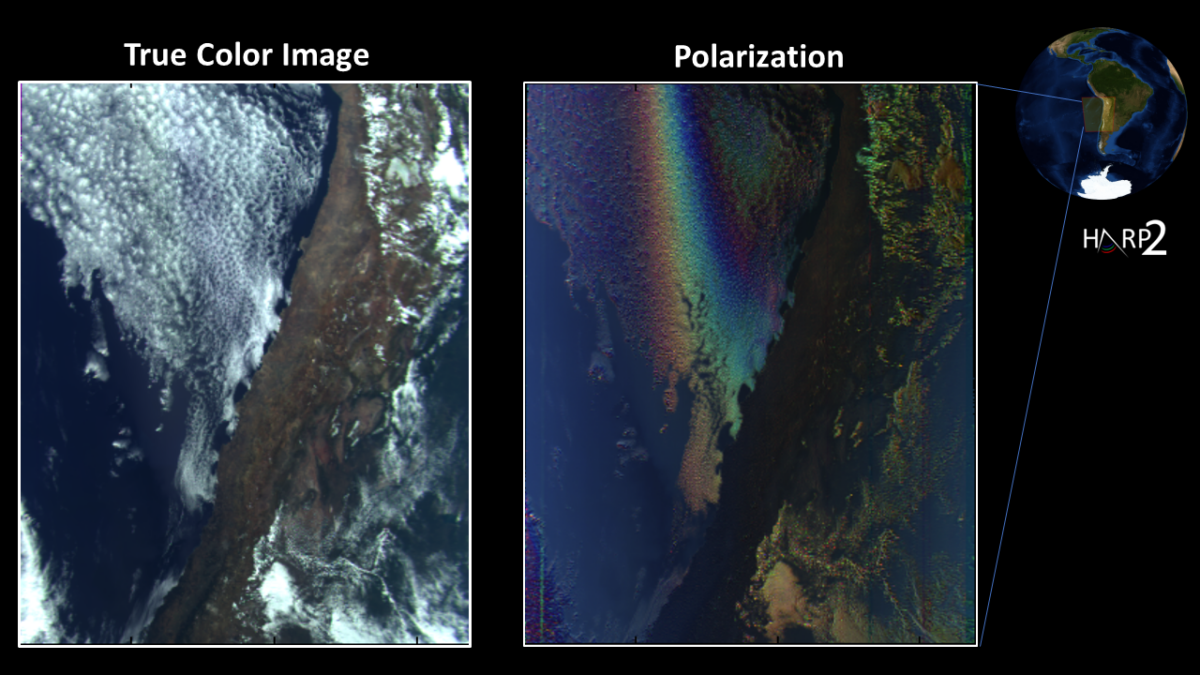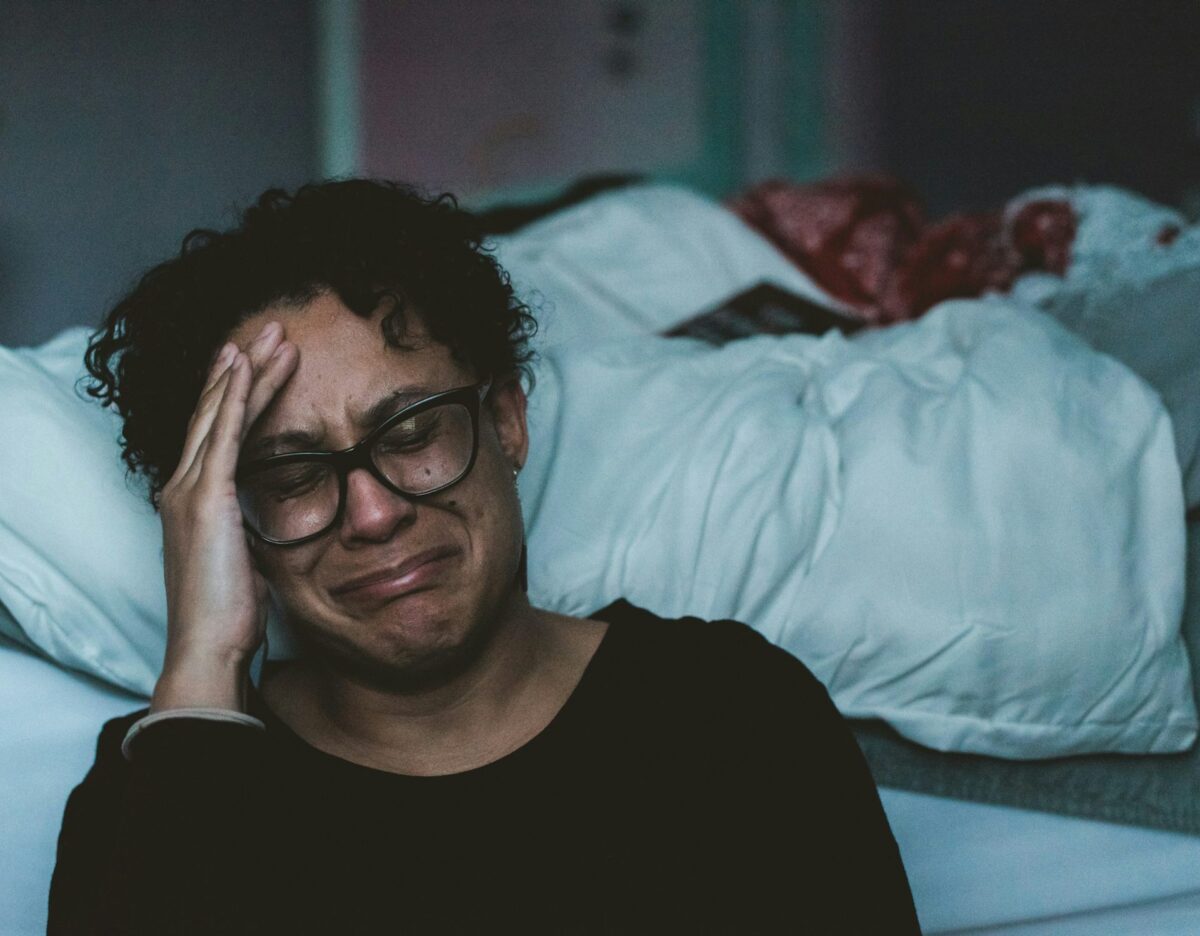The National Center for Atmospheric Research (NCAR) has named Fernando Tormos-Aponte, assistant professor of public policy and political science, an Early Career Faculty Innovator–one of 12 across the nation. He will receive funding for two years of research, partnering with NCAR scientists to examine energy inequality in the wake of disasters. His focus is on improving disaster resource allocation by incorporating assessments of social vulnerability.
Connecting Faculty Innovators and their students with NCAR researchers is a core element of the program, generating novel scholarship with a clear public impact. “It expands the reach of NCAR science, broadens participation from minority serving institutions, and increases the capacity of NCAR to do actionable and convergent research,” says Everette Joseph, NCAR director.
Measuring energy inequality
Tormos-Aponte came to UMBC in 2019 as Postdoctoral Fellow for Faculty Diversity, but his disaster work began two years earlier.
When hurricanes Irma and María hit Puerto Rico in 2017, with sustained winds of 250 km per hour, the island lost power and experienced heavy damage. Power restoration took over 425 days. Vulnerable communities who were already facing economic, health, and social disparities were placed in greater peril. Tormos-Aponte and a team of researchers wanted to investigate if the allocation of power restoration resources favored privileged communities and those who supported the local governing political party, ahead of vulnerable communities.
The team gathered data using utility company records, in-person interviews, and archival government documents, as well as hurricane weather data. They also created a new social vulnerability index because the CDC’s current tool is not designed for minority-majority and predominantly Spanish-speaking regions like Puerto Rico.
Tormos-Aponte worked with Gustavo García-López, a researcher at the University of Coimbra in Portugal, and Mary Angelica Painter, a graduate instructor at University of Missouri–St. Louis, to design the Puerto Rico Social Vulnerability Index. “What makes our index different,” he explains, “is that it is designed to capture the variation of vulnerability within majority-minority groups at the frontline of extreme weather events.”
Data-driven policy recommendations
The team published their initial findings in Energy Policy and explained them further in The Washington Post earlier this year. They found that after Irma and María, Puerto Rico restored power faster to those who supported the ruling party and to more privileged communities. Additionally, communities in densely populated areas and that were near essential services received faster assistance.
The team suggests future energy disaster relief restoration methods should prioritize socially vulnerable and politically marginal groups. In 2017, these communities waited longer for power restoration, despite their greater vulnerability to harm during disasters, exacerbating inequalities.
Intersectionality and social change
Tormos-Aponte’s scholarship also explores the challenges of and opportunities for intersectionality as a mobilizing approach in grassroots movements and institutions to end systems of oppression. He co-authored a case study in Latinas and the Politics of Urban Spaces (Routledge, 2021) about the Colectiva Feminista en Construcción, an anti-colonial, Black, feminist collective in Puerto Rico. Co-author Shariana Ferrer-Núñez, scholar-activist and co-founder of the organization, worked with him to document and share their process of developing feminist intersectional awareness and practice.
In summer 2020, amidst global protests calling for social justice, Tormos-Aponte authored an opinion article in Scientific American calling on scientists, science organizations, and universities to embrace an intersectional solidarity approach.
Putting theory to practice, Tormos-Aponte and Mayra Vélez-Serrano, an assistant professor of political science at the University of Puerto Rico, formed a group of political scientists to develop the Minority Graduate Placement Program. Sponsored by the American Political Science Association, it provides underrepresented students with the academic and social resources needed to meet the application requirements of political science graduate programs in the U.S.
Empowering researchers
Currently, Tormos-Aponte is conducting research on the policy impact of the Black Lives Matter Movement on youth, funded by a $400,000 grant from the William T. Grant Foundation.
He has also co-founded the UMBC Social Vulnerability and Resilience Lab (SOLVER) this year with UMBC’s Ruben Delgado, assistant research scientist at the Joint Center for Earth Systems Technology. The lab provides students, faculty, and researchers outside of UMBC with an opportunity to conduct interdisciplinary and problem-oriented research on social vulnerability and resilience in socio-ecological disaster contexts.
“I am thankful for the leadership of Interim Dean Kimberly Moffitt, School of Public Policy Director Nancy Miller, Center for Social Science Scholarship Director Christine Mallinson, and the amazing staff of UMBC’s Maryland Institute for Policy Analysis and Research,” says Tormos-Aponte. “UMBC has built an infrastructure for supporting actionable research with a particular focus on equity and justice. This is what an empowered university looks like in action.”
Feature image: Fernando Tormos-Aponte. Photo by Marlayna Demond ’11 for UMBC.
Tags: CAHSS, cahssresearch, diversityandinclusion, majoraward, PoliticalScience, PublicPolicy, Research




